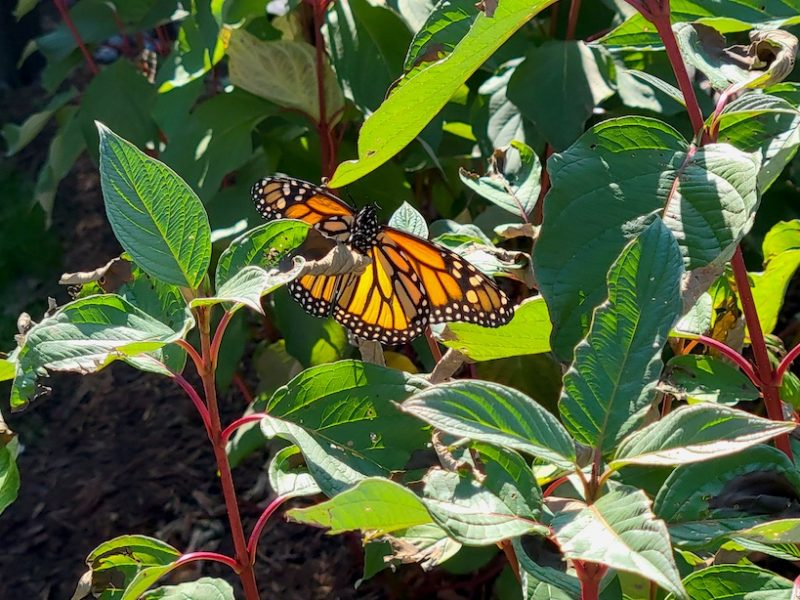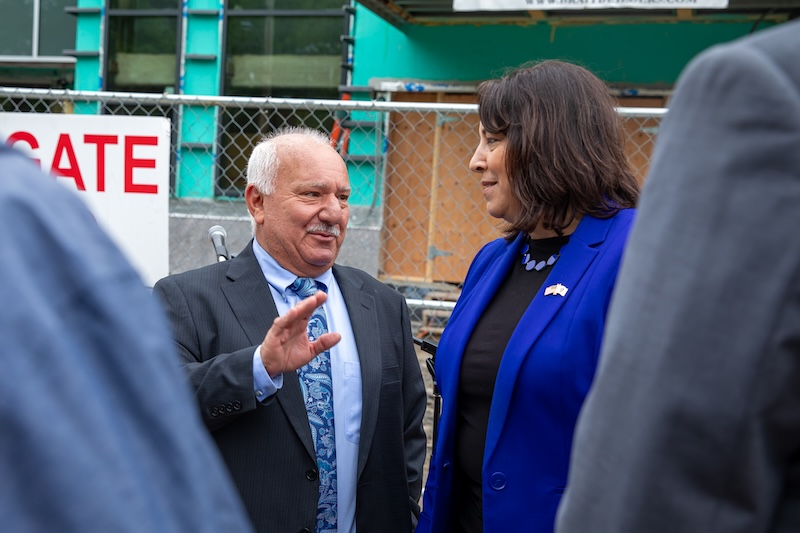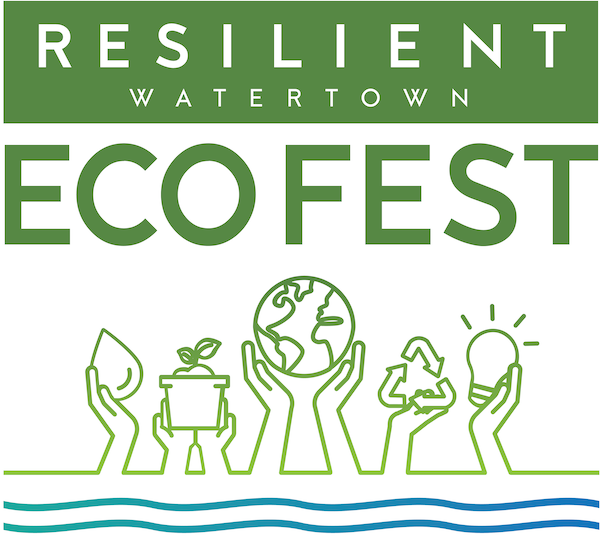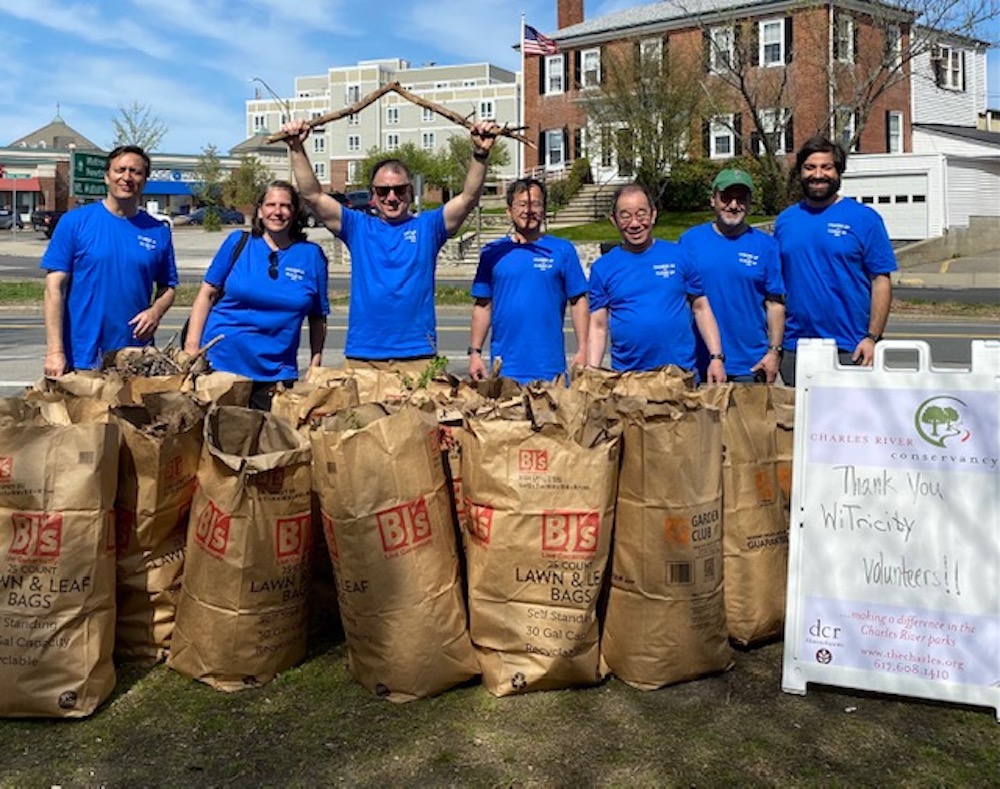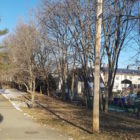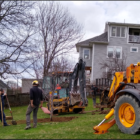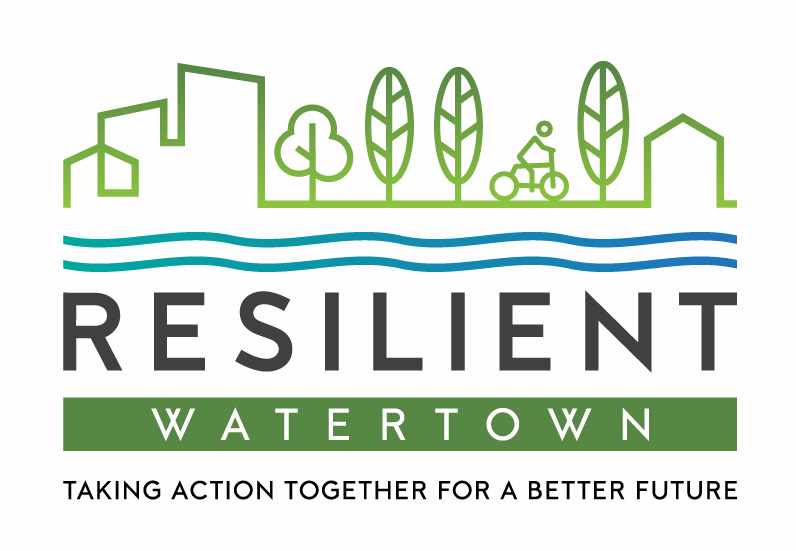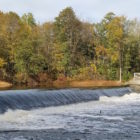Charlie BreitroseA monarch butterfly
The following information was provided by Watertown Community Gardens:
Do you have Black Swallow Wort (BSW) on your property? Are you interested in removing and learning more about BSW? Come join us on June 22, 2025, from 4:30-6:30 p.m.! One of the many actions as part of the 2025 Mayors’ Monarch Pledge is to continue invasive species removal efforts that will support the re-establishment of native habitat for Monarch butterflies and other pollinators. The invasive plant of interest is the Black Swallow-Wort (BSW), which is poisoning Monarch caterpillars across Watertown.
